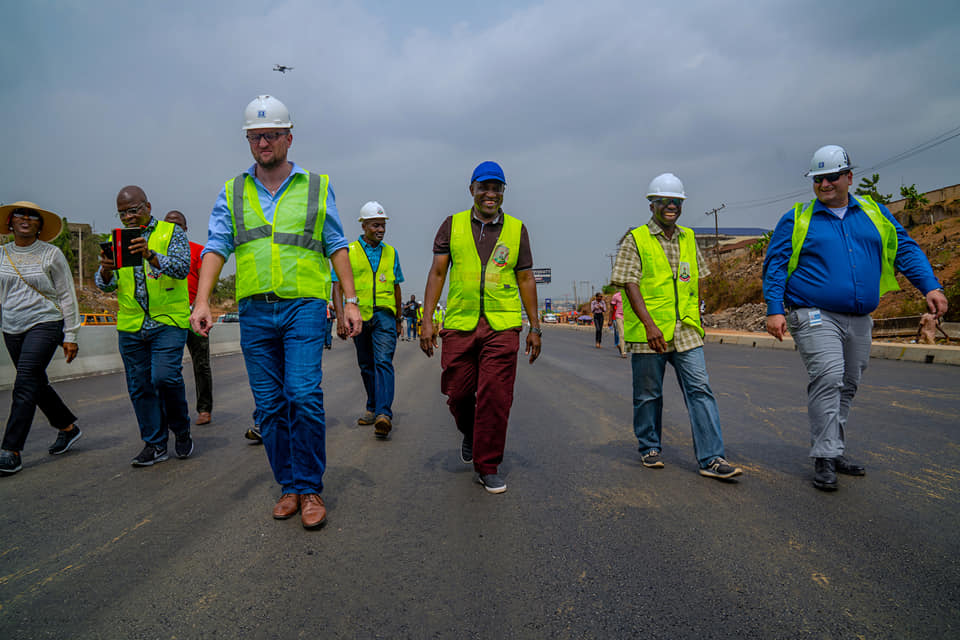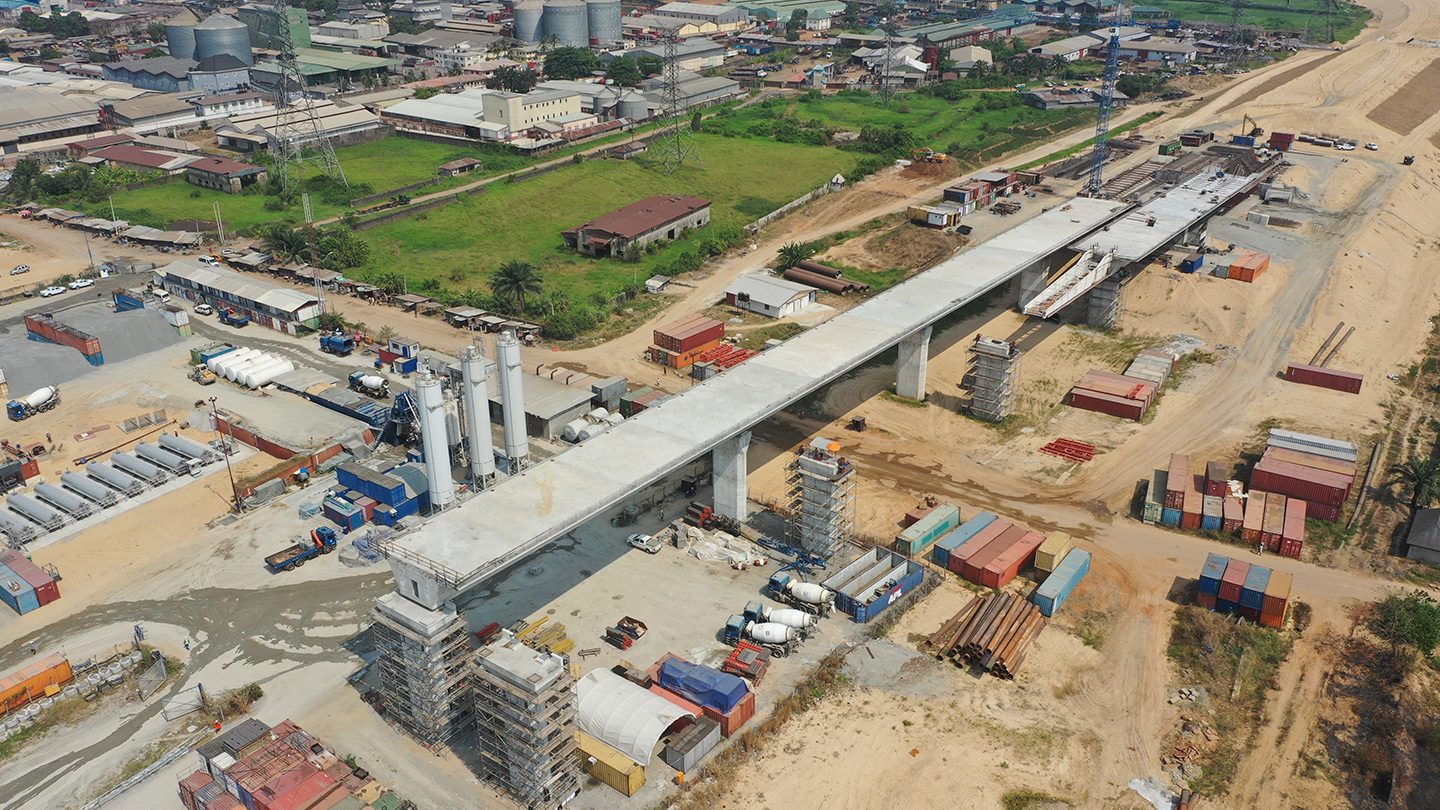The Lagos-Ibadan Expressway, the Second Niger Bridge, and the Abuja-Kaduna Expressway, among others, are to be completed in the first quarter of 2022, the Federal Government has said.
It said the roads were grouped as essential infrastructure and projected to be delivered in less than two years.
The Minister of Works and Housing, Babatunde Fashola, said this in a live television programme monitored by our correspondent in Abuja on Thursday night.

He said, “The Second Niger Bridge, Lagos-Ibadan Expressway, Abuja-Kaduna-Kano roads are part of the projects under the Federal Government’s essential infrastructure development fund and their expected delivery dates are in quarter one of 2022.”
The minister argued that real construction work only commenced on the Lagos-Ibadan Expressway when the current government came to power.
Fashola said, “Since 2007, no measure of reasonable construction work took place on the Lagos-Ibadan Expressway, except palliatives. It was when this government came that construction really started.
“Those who don’t use the road will not appreciate what is going on there, but those who use the road on a daily basis for their survival will tell you that the bottlenecks and traffic time on that road had significantly reduced.”
When told that the initial plan was to deliver the road next year, the minister said about one year was lost in the construction process.

He said, “That was the plan and you know that we’ve lost almost a year of work and I complained at the time when the budget for that road was reduced from N31bn to N10bn, at the time we were owing the contractors N15bn.
“Essentially, no work was done in that year 2017 because the contractors specifically stopped work.”
The minister insisted that the first quarter of 2022 remained the expected delivery date for the Lagos-Ibadan Expressway and other essential infrastructure projects, but noted that the COVID-19 pandemic had slowed work on some of the projects.
“Mind you, as I speak to you now, we have lost essentially the prime of our working period, which is the dry season in the COVID-19 period. We have to try and recover all of that,” Fashola said.
You must be logged in to post a comment Login